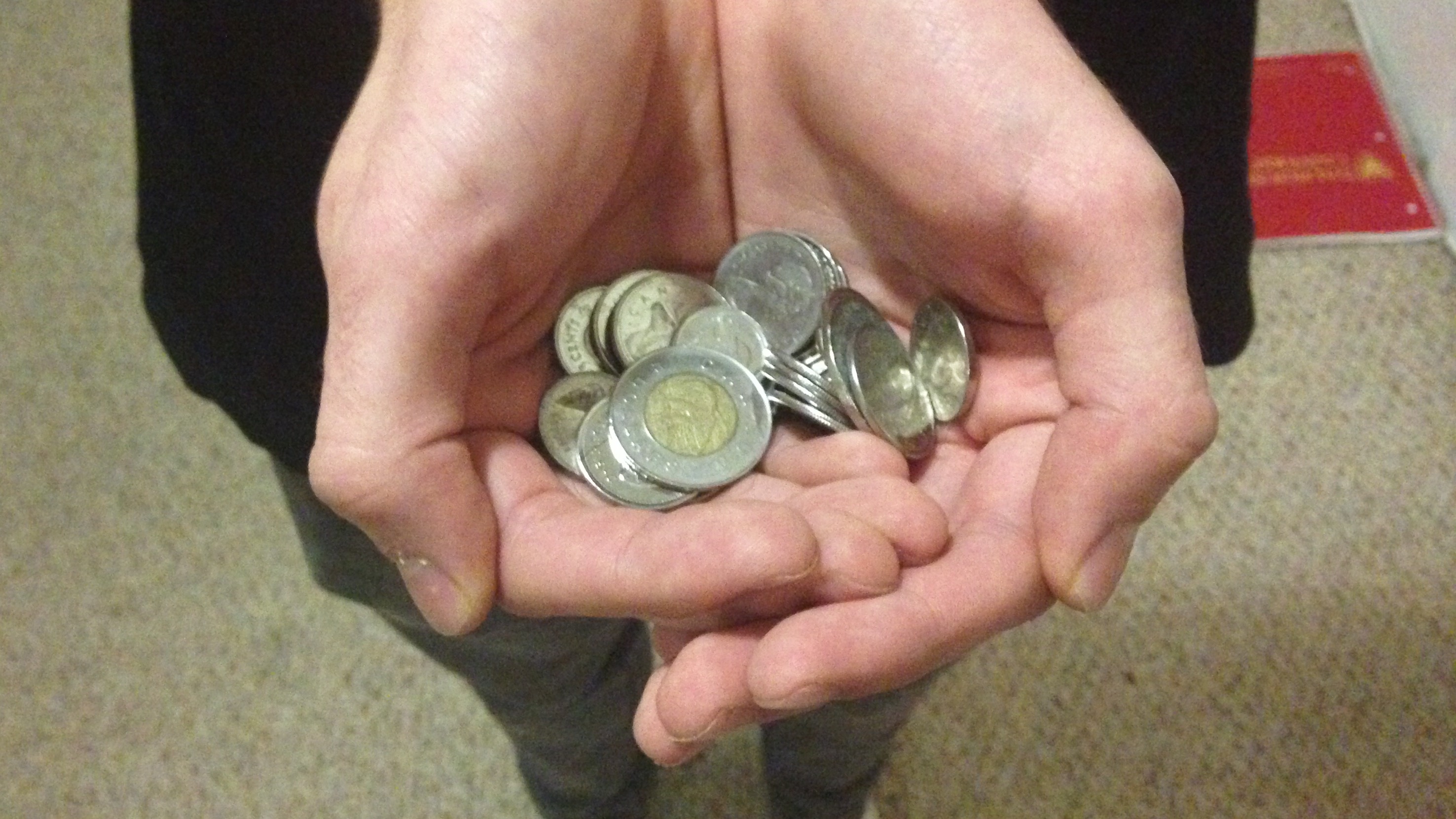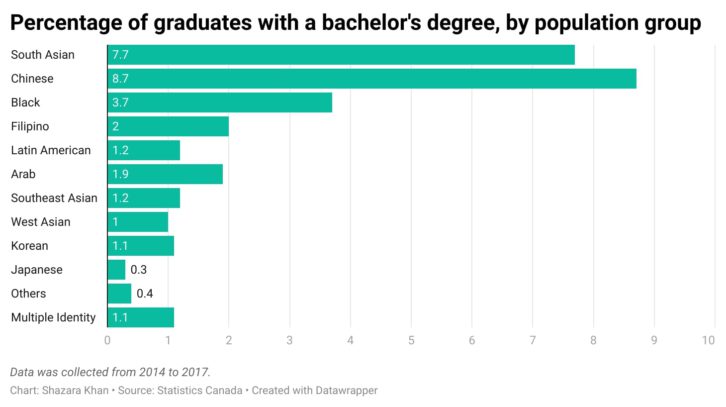Racialized people earn less money despite higher education levels: Statistics Canada report
Two years after graduating, graduates less likely to be unionized or have pension plan coverage, says study

caption
(File photo) New studies using data from the 2021 Census find racialized Canadians earn less than non-racialized, non-Indigenous university graduates two years after earning a bachelor's degree.More racialized people have a university degree but are still paid less than white people according to Statistics Canada.
Newly released findings state racialized people are generally more likely to have a bachelor’s degree, but less likely to find well-paying jobs after graduation, and that in the two years after completing a bachelor’s degree, racialized people have a lower income than white people.
In addition, racialized graduates reported “lower rates of unionization and pension plan coverage than their non-racialized, non-Indigenous counterparts,” the Jan. 18 report stated.
The report finds women generally earn less than men, but the results varied considerably by racialized group.
Racialized women had the lowest average salaries when compared to white women, racialized men and white men, the report stated.
“Employment income averaged $45,700 per year for racialized women and $47,800 for non-racialized and non-Indigenous women, compared with $51,600 for racialized men and $54,100 for non-racialized and non-Indigenous men,” the report stated.
Racialized people are defined by Statistics Canada as “persons, other than Aboriginal peoples, who are non-Caucasian in race or non-white in colour.”

The report finds about 7.7 per cent of South Asian women, for example, hold a bachelor’s degree.
Rana Zaman is a founding member of the Pakistani Canadian Association of Nova Scotia.
She said she immigrated to Canada in the 1970s when highly educated people were needed in the country.
“So that’s why you will see, especially in the older generation, a lot of people with higher education like physicians, engineers, professors, because that’s what was needed here in Canada,” Zaman said.
Zaman said a status quo was established where racialized people didn’t start at the same salary and worked twice as hard just to be considered for the same position as their white counterparts.
“A lot of it is run by what we call the ‘old boys’ club,’ ” she said. “And so the status quo basically said that it is not here to empower or to uplift racialized people.”
Zaman said that as a racialized woman, she didn’t understand why she was being paid less for the same job.
“There’s an intersectionality going on with not just race, but religion and ethnicity,” she said. “And if you’re obviously what I call a visible colour, you’re going to have a harder time getting a job.”
The report said male Black, Southeast Asian, Filipino, Chinese and Korean graduates earned from 11-13 per cent less than non-racialized graduates. West Asian and Arab women earned from 15-16 per cent less and Black, Korean, South Asian and Latin American women earned 8-9 per cent less.
Michelle Elizabeth West said as a Black woman she experienced racial inequality when applying for jobs.
African Nova Scotians “couldn’t get in the door, and we definitely aren’t getting in government,” she said.
West said there is discrimination against Black Canadians even though Nova Scotia has a large population.
“When I lived in Toronto, it wasn’t anything like this,” she said. “It was, ‘I need someone to work today, so if you can work and you have the qualifications, you’re hired based on what you can do.’ ”
About the author
Shazara Khan
Shazara Khan is a journalism student at the University of King's College. Before coming to Halifax, she got a Bachelor of Science from her hometown...
